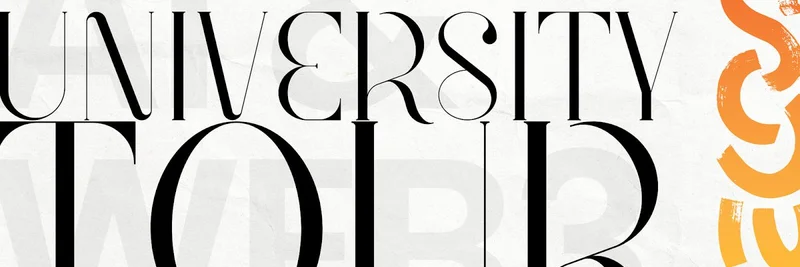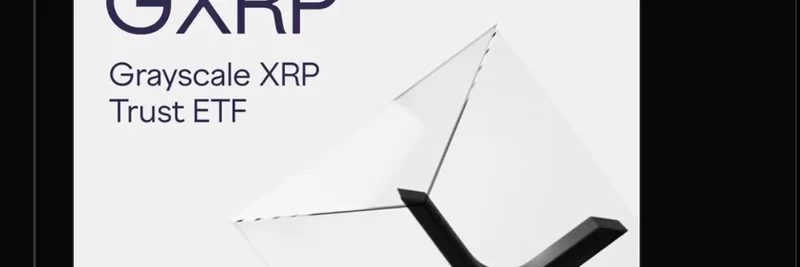In the fast-evolving world of blockchain, privacy is becoming a game-changer, especially for those diving into meme tokens and decentralized apps. A recent tweet from @3DotWeb highlighted key takeaways from an interview hosted by Laura Shin on her Unchained podcast, featuring Aztec's co-founders Zac Williamson (@Zac_Aztec) and Joe Andrews (@jaosef). They unpacked Aztec's new Ignition Chain, a breakthrough in private, decentralized Layer 2 technology on Ethereum. If you're into crypto, this is worth paying attention to—let's break it down.
First off, what's Aztec all about? Aztec Network is a privacy-first Layer 2 solution on Ethereum, meaning it sits on top of the main Ethereum blockchain to make transactions faster and cheaper while keeping your data private. Unlike transparent blockchains where everyone can see your moves, Aztec uses zero-knowledge proofs—fancy math that lets you prove something is true without revealing the details. This is huge for anyone trading meme tokens, as it could shield your strategies from prying eyes.
The Ignition Chain, which just launched on Ethereum's mainnet, marks Aztec as the first fully decentralized Layer 2 protocol of its kind. According to the interview summary, Zac and Joe explained its architecture: it's private by default, fully decentralized, and doesn't rely on centralized sequencers or operators that could be points of failure. This setup ensures that privacy isn't an add-on—it's baked in from the start.
A big spotlight was on the $AZTEC token. This isn't just another crypto asset; it's the fuel for the network. Holders can stake $AZTEC to become validators, earning rewards for securing the chain. It also plays a role in governance, letting the community vote on upgrades and decisions. The token sale was unique too—an onchain auction where the community set the terms, with no shady allocations or airdrops. As of now, $AZTEC has a total supply of around 10.35 billion, and it's already trading on various exchanges. For meme token enthusiasts, imagine using $AZTEC to power private trades of your favorite dog-themed coins without broadcasting your wallet activity.
One of the most exciting hints from the chat? Aztec is eyeing an "extremely high frequency app-specific chain" tailored for privacy, with block times under four seconds. Block time is basically how quickly new blocks are added to the chain—Ethereum's is about 12 seconds, so sub-four seconds would be lightning-fast. This could open doors for high-speed DeFi apps, NFT minting, or even meme token launches where privacy and speed are key to staying ahead.
Laura Shin, a veteran crypto journalist and host of Unchained, wrapped it up by emphasizing why privacy will "eat the world." In a space where data is gold, protecting it could prevent hacks, front-running (where bots snipe your trades), and unwanted surveillance. For blockchain practitioners building or trading meme tokens, tools like Aztec could level up your game by adding that layer of anonymity.
If you haven't caught the full interview, check it out on X or the Unchained episode. Aztec's push for decentralized privacy isn't just tech talk—it's setting the stage for a more secure Web3. Stay tuned as this evolves; it might just change how we handle meme tokens and beyond.
For more on emerging crypto tech and meme token insights, explore our knowledge base at meme-insider.com.


